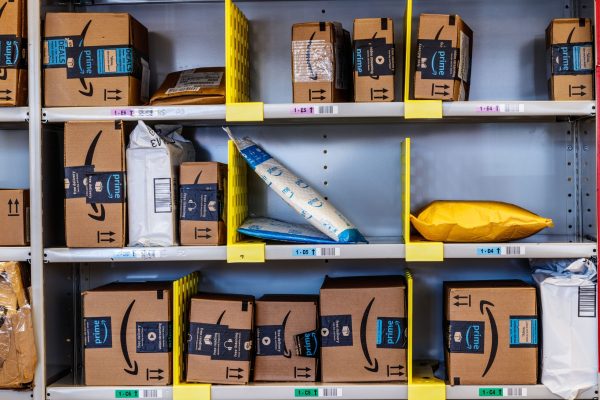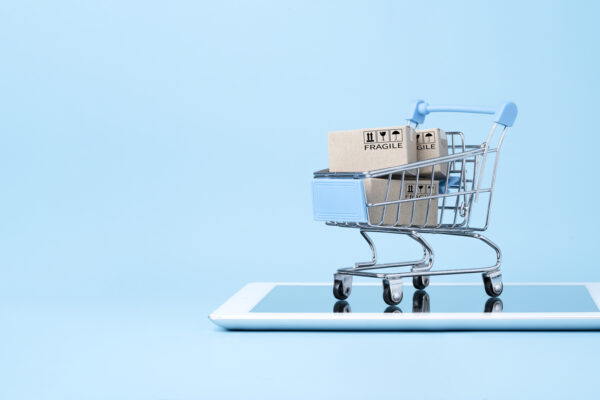More and more businesses are moving towards sustainable ways of working. The wellbeing of our planet depends on it. As global transporters of goods, logistics companies must realise that sustainability needs to be a number one priority.
Customers now also demand that companies find more sustainable methods of operation, selecting who they do businesses with based on their green initiatives.
So what are some of the major shifts and developments in logistics today in regards to sustainability? And how will they affect the future of your business?
Hydrogen and electric
The conversion to hydrogen and electric vehicles holds great potential to transform the industry.
In a statement made in 2021, the UK government explained that hydrogen would play a major role in the coming years. Logistics businesses eagerly anticipate further updates on specific roll-out strategies.
Meanwhile, the first hydrogen-powered vans are now rolling off the assembly line, offering a hopeful alternative to petrol- and diesel-based fleets in the future.
The spread of electric vehicle usage in larger transport vehicles is another promising way toward sustainable logistics. In March 2022, marking an important milestone, Amazon debuted five electric heavy goods vehicles (HGVs) in its UK delivery fleet.
The 37-tonne electricity-powered vehicles operate from Amazon’s Tilbury and Milton Keynes fulfilment centres, transporting consumer packages with zero emissions.
HGV levy
Another factor that could have a big impact on how quickly UK logistics businesses implement greener fleets is the HGV levy.
In August 2020, the UK government suspended the levy in order to provide relief to logistics businesses during the pandemic’s challenges.
In June 2022, the government issued a welcome statement on the levy’s possible reformation, so that when the suspension ends in July 2023, it will take into account a vehicle’s environmental performance.
The outcome is yet to be seen, but the new policy would incentivise logistics companies to improve the sustainability of their fleets.
Carbon neutral warehousing
In a great step forward for green strategies, Airbox, a carbon neutral fulfilment and warehouse provider that specialises in supporting e-commerce businesses, recently secured a £3m investment to grow its operations and expand its customer base.
The money will be used to construct a huge new warehouse in Leighton Buzzard, UK, which will achieve carbon neutrality through rooftop solar panels, saving 93 tons of carbon each year.
The announcement is good news for the industry, proving that banks are willing to invest in a greener fulfilment and warehousing sector.
Working sustainably with Sprint Logistics
With over twenty years of experience, Sprint Logistics, a global logistics expert, is committed to environmentally-friendly logistics solutions. We’re always looking for new ways in which to lead the industry in its movement toward carbon neutrality.
Get in touch with us to find out more about our environmental initiatives and how we can support your business’ sustainability goals.




